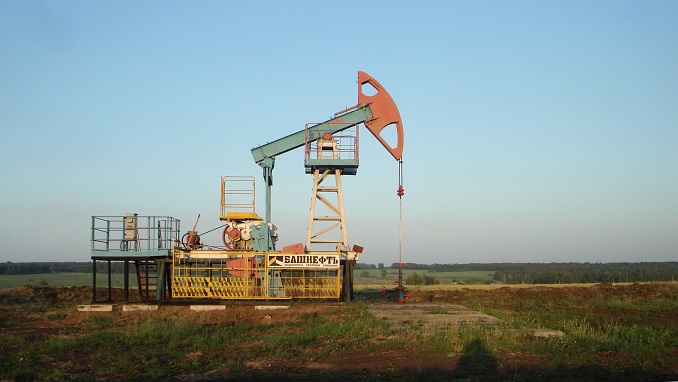Unexpectedly high oil prices have filled up Russia’s state coffers and opened a possibility of the country running a budget surplus in 2018, for the first time in seven years, Investing.com reported citing a draft budget law.
The finance ministry’s draft shows Russia could post a budget surplus of 0.45 percent of GDP in 2018, or 440.6 billion rubles ($7.14 billion). The previous budget plan had projected a deficit of 1.3 percent, based on prices for Russia’s Urals oil blend of around $40 per barrel.
In the first four months of this year, however, the price has averaged $66.15, which brought larger revenues for Russia, a country whose oil and gas exports account for more than 40 percent of budget income.
“Hence, there is a material increase in expected revenues, while expenditures are close to flat compared with the original budget law,” VTB Capital analysts said in a note.
The unexpected development will help the government cut its borrowing and allow it at least an extra 8 billion rubles over the next six years to meet economic goals set in decrees signed by President Vladimir Putin for his new six-year term.
“This will provide a very useful cushion to lean on if there are some adverse macro or geopolitical shocks,” Ivan Tchakarov, chief economist at Citi in Moscow said according to Reuters.
“While it will indeed create more fiscal space to accommodate increased spending in line with the new decrees, I think the core idea of remaining fiscally prudent will not change.”
Putin was sworn in as president this week, when he set ambitious goals including boosting economic growth and improving living standards.












